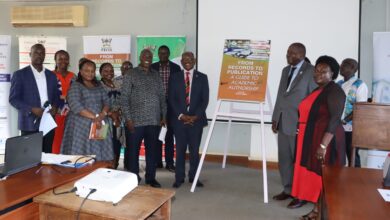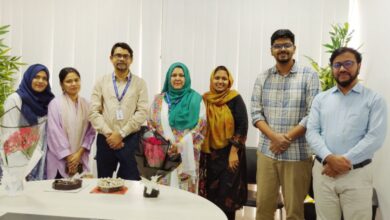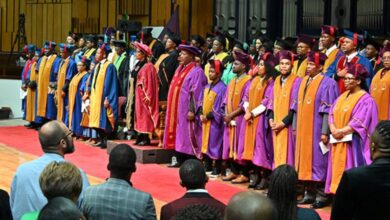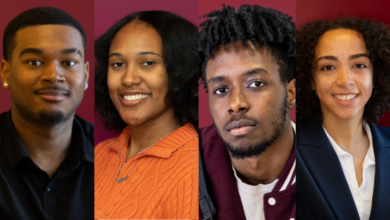Students of IPB University’s MSP Department Participate in MBKM Program on Pasaran Island, Bandar Lampung
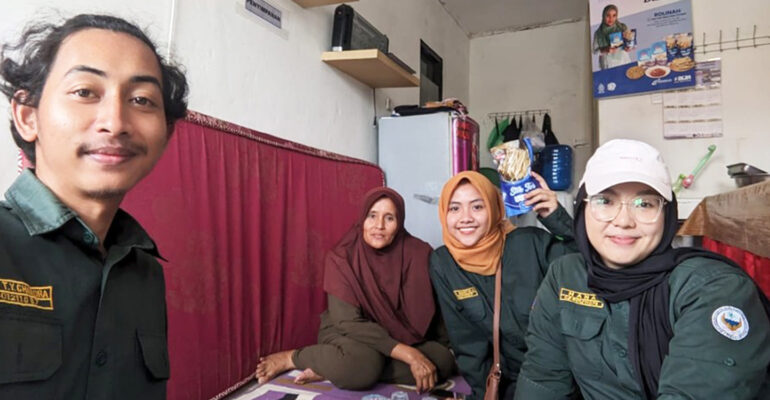
Students from the Department of Aquatic Resource Management (MSP) at IPB University recently participated in the Freedom of Learning – Independence Campus (MBKM) program on Pasaran Island, Bandar Lampung. This initiative, which occurred from October to December 2024, provided an opportunity for students to apply theoretical knowledge from their studies while contributing to the local community.
Program Overview
The Chairman of the MSP Department, Professor Hefni Effendi, indicated that the MBKM program connects academic learning with community service. During this program, students engaged in courses directly relevant to their field, including Aquatic Resource Management, Aquatic Resource Management Policy, Aquatic Environmental Risk and Impact, and Aquatic Ecotourism Management.
Project Focus
The students’ project focused on analyzing resource management and policies on Pasaran Island, with an emphasis on the sustainable utilization of the anchovy fishery. The goal of the program was to enhance the practical application of student knowledge.
Aquatic Resource Management Course
In the Aquatic Resource Management course, students assessed the potential of aquatic resources available on the island, including biodiversity and water productivity. They conducted interviews with local residents to investigate practices such as floating net cage cultivation and evaluated water quality for this method. The anchovy fishery, which is a primary source of catch in the area, was the subject of proposed sustainable management strategies.
Aquatic Resource Management Policy Course
The Aquatic Resource Management Policy course included in-depth research of local policies and the anchovy industry. This research comprised literature reviews of government regulations on fisheries and direct surveys and interviews with stakeholders within the fishing sector.
Aquatic Environmental Risks and Impacts Course
Students in the Aquatic Environmental Risks and Impacts course evaluated the environmental effects of the anchovy industry as well as the impacts of other human activities on local fisheries. Professor Hefni emphasized the importance of continued examination of the risks and impacts associated with these practices.
Aquatic Ecotourism Management Course
Additionally, the Aquatic Ecotourism Management course investigated the potential for marine ecotourism development on Pasaran Island, particularly at Pasir Timbul Beach, which is known for its appeal to visitors. A feasibility analysis was conducted to assess the viability of promoting the area as a tourist destination.
Community Involvement
The participation of the local community and the Regional Research Development and Innovation Planning Agency (Bapperida) was significant, as they actively engaged in the program’s activities. Professor Hefni highlighted that this collaboration underscores the importance of student involvement in supporting local development initiatives, ultimately aimed at positively influencing the community on Pasaran Island.
This information is sourced from IPB University.

